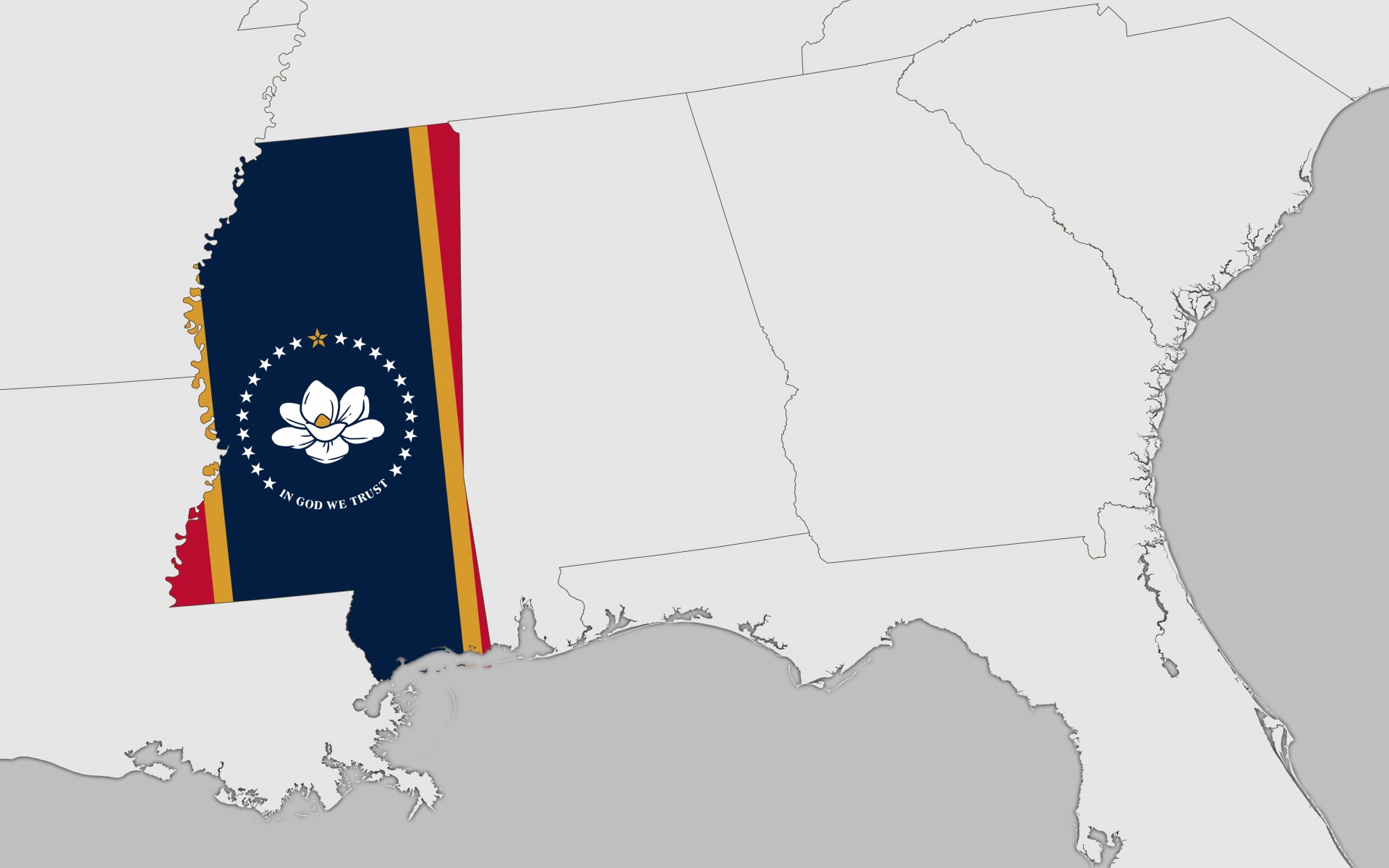The UK's international student scandal
Financial worries make foreign students an attractive financial prospect, but some 'lack basic English'

A free daily email with the biggest news stories of the day – and the best features from TheWeek.com
You are now subscribed
Your newsletter sign-up was successful
Universities are enrolling overseas students who lack English language skills and other "basic requirements". Some of these students are unable to understand simple questions and need to use translation apps in lectures and seminars, said professors writing for the Higher Education Policy Institute (HEPI) thinktank.
There "widespread silence" about the problem, said the anonymous professors, with cash-strapped higher education institutions seemingly willing to turn a blind eye to the shortcomings of overseas students, on whom they are increasingly reliant to stay afloat.
Pulling tricks
Tuition fees for English domestic students have not kept pace with inflation, representing "a real-terms cut in university funding", said the BBC. This makes foreign students an attractive financial prospect for universities. Fees for domestic undergraduate students in England are capped at £9,250, but there is no upper limit on tuition fees for overseas students. "You can charge a foreign student as much as they're willing to pay," the HEPI's Rose Stephenson told the broadcaster.
The Week
Escape your echo chamber. Get the facts behind the news, plus analysis from multiple perspectives.

Sign up for The Week's Free Newsletters
From our morning news briefing to a weekly Good News Newsletter, get the best of The Week delivered directly to your inbox.
From our morning news briefing to a weekly Good News Newsletter, get the best of The Week delivered directly to your inbox.
Agents working for companies that prepare international students for English university now "target families abroad" who have plenty of money, a whistle-blower told the BBC. And there are question marks over how suitable many of these students are. Jo Grady from the University and College Union, which represents 120,000 lecturers and university staff, said it's an "open secret" that students who lack English skills still manage to join courses in the UK. "Tricks are pulled" to make sure they "pass the relevant language test", she told the BBC.
Around seven out of 10 students studying on master's courses in England are now from overseas. One postgraduate student from Iran told the broadcaster she was "shocked" to find many of her fellow students had limited English, and most students paid other people to do their coursework, or even to attend lectures for them. Many students had "bought assignments" from "essay mills" based overseas, she said, and although this practice is illegal in England, when she reported this to her tutor, he took no action.
Two anonymous professors at Russell Group institutions told the HEPI that "one-to-one supervision and feedback meetings" are "particularly excruciating" and they've both "regularly encountered students who are unable to understand simple questions" like "What have you read on this topic?".
Difficult decisions
The Home Office said it is reviewing English language assessments to ensure all international students have the necessary the skills to understand their course materials, and that those who do not "shouldn't expect a place at a UK university".
A free daily email with the biggest news stories of the day – and the best features from TheWeek.com
Universities UK – which represents 141 institutions – "rejects" the suggestion that overseas students are being allowed on courses with "poor English language skills" as a way of "boosting income", said the BBC. Vivienne Stern, the body's chief executive, said that universities carry out strict checks on those they enrol – including minimum language levels.
The unidentified professors said "improved regulation of English language entry standards" was "clearly required", but they also called for an "honest, open, and evidence-led discussion" of the problem in the context of policy debates about the future of higher education funding.
The fundamental issue is that it is becoming "increasingly unprofitable" for British universities to teach British students, wrote Tom Jones for The Critic. "If we are to build a more successful and sustainable future for the UK universities", this "cannot be based on recruiting ever more foreign students" to allow the government to avoid "politically difficult decisions" on higher education.
Chas Newkey-Burden has been part of The Week Digital team for more than a decade and a journalist for 25 years, starting out on the irreverent football weekly 90 Minutes, before moving to lifestyle magazines Loaded and Attitude. He was a columnist for The Big Issue and landed a world exclusive with David Beckham that became the weekly magazine’s bestselling issue. He now writes regularly for The Guardian, The Telegraph, The Independent, Metro, FourFourTwo and the i new site. He is also the author of a number of non-fiction books.
-
 Labor secretary’s husband barred amid assault probe
Labor secretary’s husband barred amid assault probeSpeed Read Shawn DeRemer, the husband of Labor Secretary Lori Chavez-DeRemer, has been accused of sexual assault
-
 Trump touts pledges at 1st Board of Peace meeting
Trump touts pledges at 1st Board of Peace meetingSpeed Read At the inaugural meeting, the president announced nine countries have agreed to pledge a combined $7 billion for a Gaza relief package
-
 Britain’s ex-Prince Andrew arrested over Epstein ties
Britain’s ex-Prince Andrew arrested over Epstein tiesSpeed Read The younger brother of King Charles III has not yet been charged
-
 American universities are losing ground to their foreign counterparts
American universities are losing ground to their foreign counterpartsThe Explainer While Harvard is still near the top, other colleges have slipped
-
 How Mississippi moved from the bottom to the top in education
How Mississippi moved from the bottom to the top in educationIn the Spotlight All eyes are on the Magnolia State
-
 Oklahoma fires instructor over gender essay grade
Oklahoma fires instructor over gender essay gradeSpeed Read
-
 Education: More Americans say college isn’t worth it
Education: More Americans say college isn’t worth itfeature College is costly and job prospects are vanishing
-
 The Trump administration’s plans to dismantle the Department of Education
The Trump administration’s plans to dismantle the Department of EducationThe Explainer The president aims to fulfill his promise to get rid of the agency
-
 How will new V level qualifications work?
How will new V level qualifications work?The Explainer Government proposals aim to ‘streamline’ post-GCSE education options
-
 England’s ‘dysfunctional’ children’s care system
England’s ‘dysfunctional’ children’s care systemIn the Spotlight A new report reveals that protection of youngsters in care in England is failing in a profit-chasing sector
-
 The pros and cons of banning cellphones in classrooms
The pros and cons of banning cellphones in classroomsPros and cons The devices could be major distractions